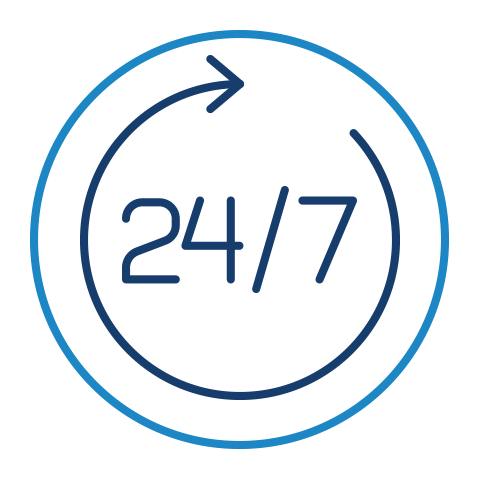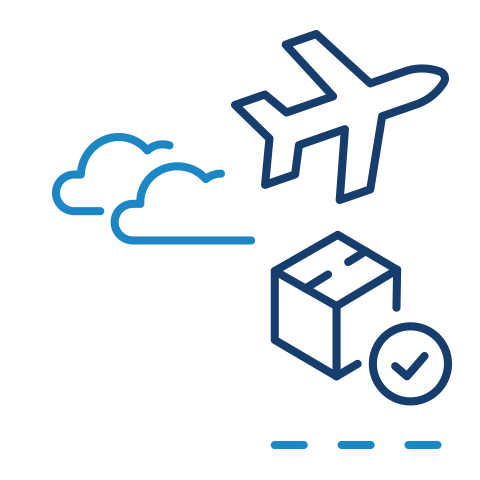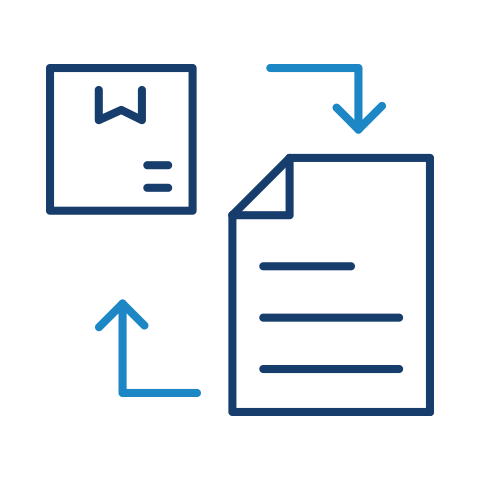Customs Clearance
At Freightline, we prioritise delivering reliable and sustainable logistics solutions that align with your business needs.
Our services are genuinely customisable and cover every element of logistics and transportation.
With customs clearance forming an integral part of international logistics, our team of supply chain experts can provide all the support and guidance you need to ensure that customs clearance doesn’t impact your ability to deliver.
Our Promise
- 24/7 availability: We’re always here, ready to respond to your needs.
- 15-minute response time: Quick replies to your enquiries, guaranteed within 15 minutes.
- Rapid Collection: We’ll have your shipment on the road within two hours of your request.
- Dedicated Fleet: Our vehicles are at your service, ensuring fast and secure shipment.
- Optimised Routing: We plan the quickest, most efficient routes to save you time and cost.
- Real-time tracking: Stay informed every step of the way with live updates on your shipment’s journey.

Freightline’s network of trusted logistics partners extends worldwide, providing road and air freight solutions.
Customs clearance is fundamental to any shipment you send beyond the UK’s borders. For everything else before and after, Freightline’s team of supply chain experts can provide the answer.

Time-critical logistics services
Having emergency or critical shipments held up at customs due to administrative or documentation issues can be a huge problem.
That’s why our time-critical emergency team is on hand to ensure customs clearance doesn’t delay your shipment. Working closely with our customs clearance agents and in-house multilingual specialists, we handle everything from translation to admin and documentation.
Aircraft
From helicopters to large payload cargo planes, Freightline offers an extensive range of aircraft to meet any payload or range requirement.
Small Vans to Abnormal Loads
For abnormal or oversized loads, provide us with the details, and we’ll find a solution to your problem.
Specialist Road Carriers
If it’s something more specific, our network of carriers gives us almost every road freight option. If we don’t have what you need, we’ll find it.
Storage facilities
Our warehousing facilities provide safe and reliable solutions, keeping your shipments protected and ready for delivery.
Why choose Freightline Carriers?
Freightline delivers award-winning global logistic solutions.
Our in-house multilingual team of supply chain experts is available 24/7, ensuring your needs are understood and addressed quickly and accurately. With team members fluent in a variety of languages, clear and immediate communication is always within reach, which is crucial in a time-critical industry.
Experience the Freightline difference – partner with us today and see how our seamless communication and quick response can enhance your logistics operations.

24/7
Support

Multilingual
Staff

Over 50 Years of Experience
in Freight Forwarding

UK and European
Air Freight Services

Warehousing
Facilities

Full Logistic
Packages

Real Time Monitoring
At All Times
